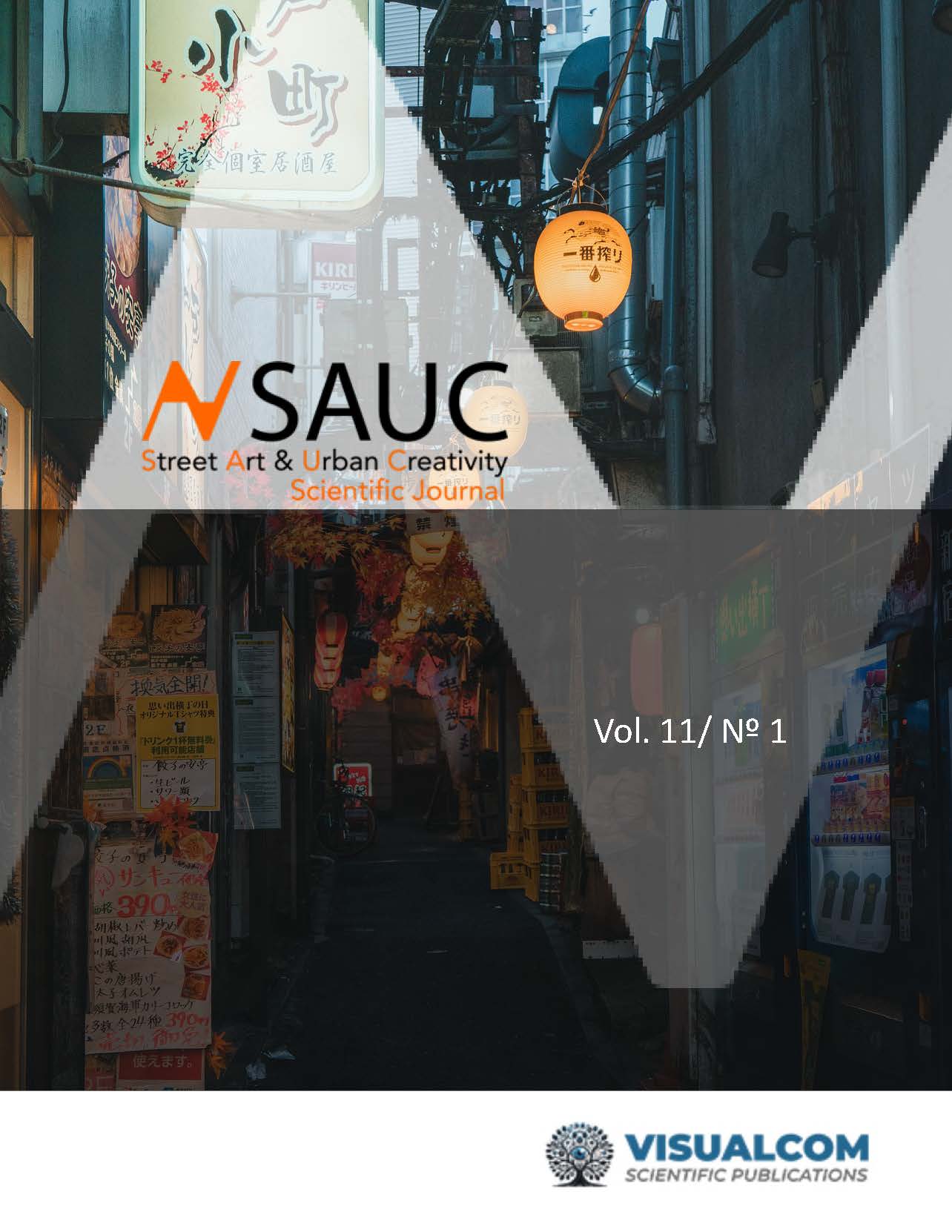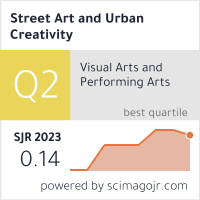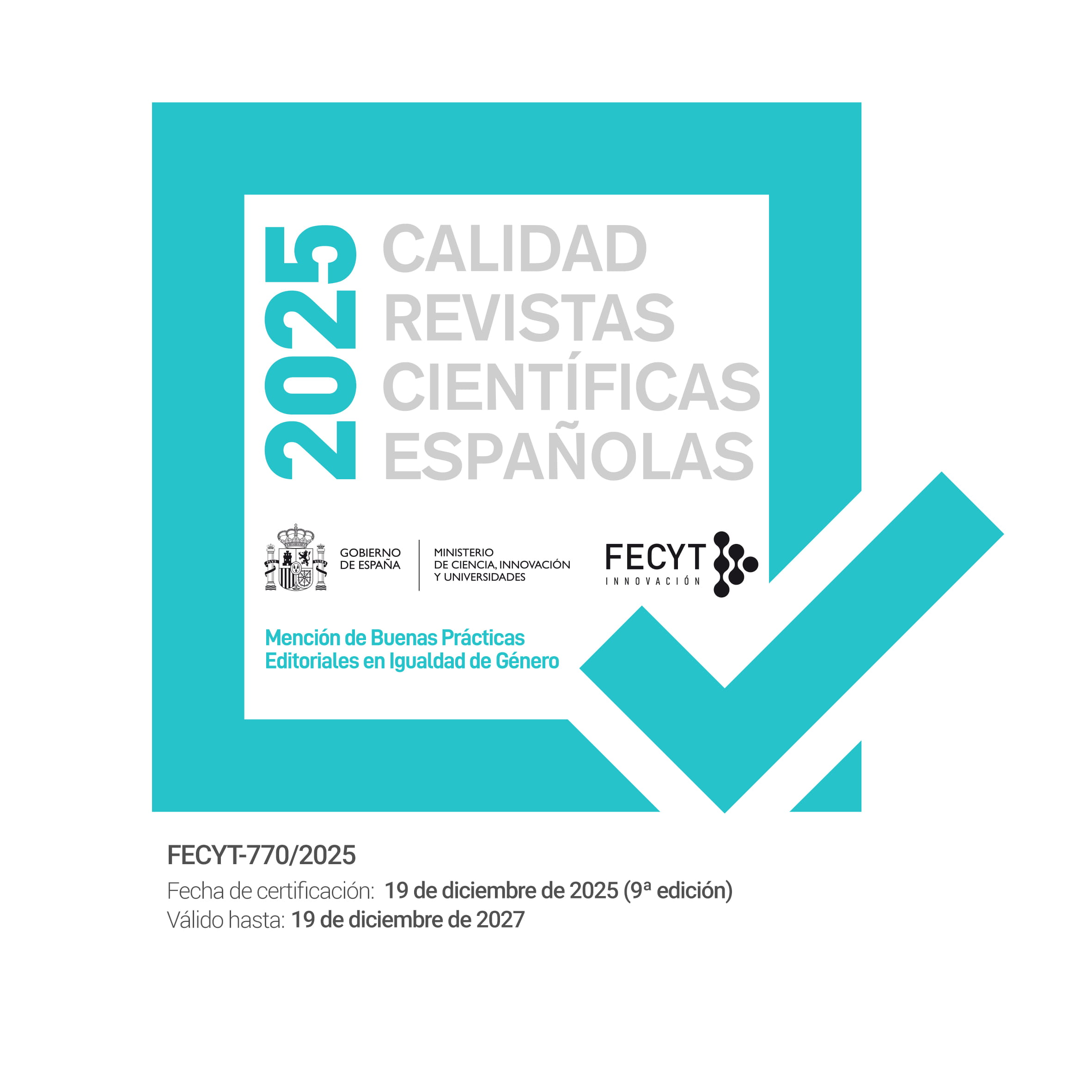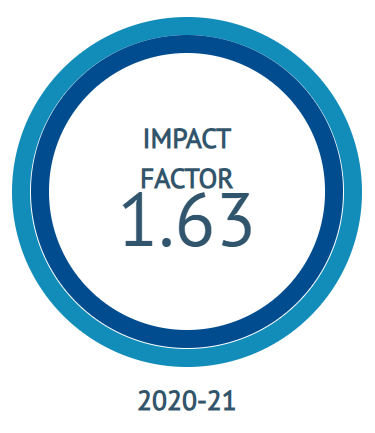Trazando Fronteras
Marcas de Espacios Culturales y Creativos en las periferias urbanas
DOI:
https://doi.org/10.25765/sauc.v11.5683Palabras clave:
Estrategia de marca respaldada , Arquitectura de marca, Espacios culturales, Regeneración urbana, Periferia, RevitalizaciónResumen
This research investigates the application of the endorsed brand strategy by cultural and creative actors on the periphery of established cultural and creative spaces. The study focuses on two cultural and creative quarters in the United Kingdom: the Ouseburn Valley, in Newcastle Upon Tyne, and Digbeth, in Birmingham. By analysing these case studies, the research explores how peripheral actors leverage the reputation and appeal of central, established brands to enhance their own visibility and appeal. Consequently, the study analyses brand architecture techniques and their applicability to cultural and creative places.
A key finding is the effective use of endorsed brand strategies by peripheral actors, who have developed independent brands that are intrinsically linked to the district's central brand. This synergy between peripheral and central actors not only promotes the peripheral entities but also contributes to the district’s overall appeal.
Descargas
Estadísticas globales ℹ️
|
2818
Visualizaciones
|
722
Descargas
|
|
3540
Total
|
|
Citas
Aaker, D. A. (2004). Brand Portfolio Strategy. Free Press.
Anholt, S. (2007). Competitive Identity. Palgrave. www.doi.org/10.1057/9780230627727 DOI: https://doi.org/10.1057/9780230627727
Anholt, S. (2011). Beyond the nation brand. Exchange: The Journal of Public Diplomacy, 2(1). http://surface.syr.edu/exchange/vol2/iss1/1
Bayer, O., Herring, P., Lane, R., & Roethe, J. (2018). Digbeth and Deritend, Birmingham, West Midlands. Historic England.
Belloso, J.C., Quintanas, A., Rueda, V., Ellis, A., Ferey, J., & Tasheva, E. (2017). Branding Cultural Districts and Destinations. Global Cultural District Network.
Calvento, M., & Colombo, S.S. (2009). La marca-ciudad como herramienta de promoción turística. Estudios y perspectivas en turismo, 18(3), 262–284. http://ref.scielo.org/zp56qm
Cárdenas, S.M.S., Oliveros, D.A.Á., Huertas, N.F.D., & Ávila, J.A.D. (2021). Brand Architecture. En F.J. Martínez-López, & J.C. Gázquez-Abad, J.C. (Eds.), Advances in National Brand and Private Label Marketing (24-32). Springer. www.doi.org/10.1007/978-3-030-76935-2_4 DOI: https://doi.org/10.1007/978-3-030-76935-2_4
Cycle Hub (11 de septiembre de 2024). Official website. www.thecyclehub.org
Devlin, J.F., & McKechnie, S. (2008). Consumer perceptions of brand architecture in financial services. European Journal of Marketing, 42(5/6), 654-666. https://doi.org/10.1108/03090560810862561 DOI: https://doi.org/10.1108/03090560810862561
Dinnie, K. (2011). City Branding. Palgrave. DOI: https://doi.org/10.1057/9780230294790
Dooley, G., & Bowie, D. (2005). Place brand architecture. Place Branding 1(4): 402–419. www.doi.org/10.1057/palgrave.pb.5990037 DOI: https://doi.org/10.1057/palgrave.pb.5990037
García Carrizo, J. (2021a). Comunicación y gestión de marca en distritos culturales y creativos: una metodología para la detección de problemáticas comunes a atajar mediante la gestión de la imagen de marca. Pensar la Publicidad, 15(1), 91-114. https://doi.org/10.5209/pepu.72135 DOI: https://doi.org/10.5209/pepu.72135
García Carrizo, J. (2021b). Regeneración urbana mediante industrias culturales y creativas. El caso de Digbeth (Reino Unido), un espacio para vivir, trabajar y disfrutar. Arte y Ciudad. Revista de Investigación, 19, 121-152. www.doi.org/10.22530/ayc.2021.19.589
García Carrizo, J. (2021c). City branding. Fundamentos y aplicaciones de marca en espacios culturales y creativos. Fragua.
García Carrizo, J. (2022). Estrategias para la inclusión de personas con discapacidad. El caso del Ouseburn Valley (Newcastle upon Tyne, Reino Unido). Prisma Social, 37, 182–211. www.revistaprismasocial.es/article/view/4570
García Carrizo, J. (2024). Cultural and creative quarters: an analysis of their problems from a communication perspective. Local Economy, 38(7), 672-696. www.doi.org/10.1177/02690942241257202 DOI: https://doi.org/10.1177/02690942241257202
García Carrizo, J., & Granger, R.C. (2020). Cultural and Creative Districts as Spaces for Value Change. En R.C. Granger (ed.) Value Construction in the Creative Economy (177-198). Springer. www.doi.org/10.1007/978-3-030-37035-0 DOI: https://doi.org/10.1007/978-3-030-37035-0_9
Gibson, A. (2014). The essential guide. Digbeth. AMS Consultancy.
Go, F., & Govers, R. (eds.) (2012). International Place Branding Yearbook 2012. Palgrave. www.doi.org/10.1057/9781137282552 DOI: https://doi.org/10.1057/9781137282552
Grand Union (11 de septiembre de 2024). Official website. www.grand-union.org.uk
Historic England (2019). Living in a Grade I, Grade II* or Grade II Listed Building. www.historicengland.org.uk/advice/your-home/owning-historic-property/listed-building
Hoult Yards (11 de septiembre de 2024). Official website. www.hyhubs.com/hoults-yard
Insch, A. (2011). Branding the city as an attractive place to live. En K. Dinnie (ed.), City Branding: theory and cases (8-14). Palgrave Macmillan. DOI: https://doi.org/10.1057/9780230294790_2
Jones, T. (2019). Regeneration plans for National Express site. www.birminghammail.co.uk/news/business/regeneration-plans-national-express-site-16064400
Kavaratzis, M., & Ashworth, G.J. (2005). City Branding: An Effective Assertion of Identity or a Transitory Marketing Trick? Tijdschrift voor economische en sociale geografie, 96(5), 506–14. https://doi.org/10.1057/palgrave.pb.5990056 DOI: https://doi.org/10.1111/j.1467-9663.2005.00482.x
Mabillard, V., Pasquier, M., & Vuignier, R. (2023). Place Branding and Marketing from a Policy Perspective. Taylor Francis. www.doi.org/10.4324/9781003286189 DOI: https://doi.org/10.4324/9781003286189
Marshall, A. (2019). Project Plan for Junction Works. BPN Architects. www.bpnarchitects.co.uk/?project=junction-works-a-new-space-for-grand-union
Moilanen, T., & Rainisto, S. (2008). How to Brand Nations, Cities and Destinations. Palgrave. https://doi.org/10.1057/9780230584594 DOI: https://doi.org/10.1057/9780230584594
Newcastle Gateshead (2024, September 11). Official website. www.newcastlegateshead.com/explore/ouseburn
Newcastle Gateshead (s.f.). Pocket Guide: A handy guide to things to see and do in and around NewcastleGateshead. Newcastle City Council.
Ouseburn Trust (2015). The newsletter of the Ouseburn Trust | June 2015. www.ouseburntrust.org.uk/Handlers/Download.ashx?IDMF=f9681c3d-02ba-4101-ab32-551ef1b47392
Ouseburn Trust (20 de septiembre de 2023). Official website. https://ouseburntrust.org.uk/
Oval Digbeth Ltd. (11 de septiembre de 2024). Official website. www.digbeth.com
Rajagopal, R., & Sanchez, R. (2004). Conceptual analysis of brand architecture and relationships within product categories. Journal of Brand Management, 11(3), 233–247. www.doi.org/10.1057/palgrave.bm.2540169 DOI: https://doi.org/10.1057/palgrave.bm.2540169
Sarabia-Sanchez, F. J., & Cerda-Bertomeu, M. J. (2017). Place brand developers’ perceptions of brand identity, brand architecture and neutrality in place brand development. Place Branding and Public Diplomacy, 13, 51-64. www.doi.org/10.1057/s41254-016-0017-7 DOI: https://doi.org/10.1057/s41254-016-0017-7
Summa (2019). Marca paraguas. www.summa.es/blog/marca-paraguas-ventajas-inconvenientes
The Bond (11 de septiembre de 2024). Official website. www.thebonddigbeth.com
Zenker, S., & Braun, E. (2010) The place brand centre–a conceptual approach for the brand management of places. 39th European Marketing Academy Conference, 1–4 June, Copenhagen, Denmark. http://goo.gl/Ou4yo6
Zenker, S., & Petersen, S. (2010). Resident–city identification. 50th European Regional Science Association Congress; 19–23 August, Jo¨nko¨ping, Sweden. http://goo.gl/BtyQkK
Descargas
Publicado
Cómo citar
Número
Sección
Licencia
Derechos de autor 2025 Street Art & Urban Creativity

Esta obra está bajo una licencia internacional Creative Commons Atribución-SinDerivadas 4.0.
Los autores/as que publiquen en esta revista aceptan las siguientes condiciones:
- Los autores/as conservan los derechos de autor.
- Los autores/as ceden a la revista el derecho de la primera publicación. La revista también posee los derechos de edición.
- Todos los contenidos publicados se regulan mediante una Licencia Atribución/Reconocimiento-SinDerivados 4.0 Internacional. Acceda a la versión informativa y texto legal de la licencia. En virtud de ello, se permite a terceros utilizar lo publicado siempre que mencionen la autoría del trabajo y a la primera publicación en esta revista. Si transforma el material, no podrá distribuir el trabajo modificado.
- Los autores/as pueden realizar otros acuerdos contractuales independientes y adicionales para la distribución no exclusiva de la versión del artículo publicado en esta revista (p. ej., incluirlo en un repositorio institucional o publicarlo en un libro) siempre que indiquen claramente que el trabajo se publicó por primera vez en esta revista.
- Se permite y recomienda a los autores/as a publicar su trabajo en Internet (por ejemplo en páginas institucionales o personales), una vez publicado en la revista y citando a la misma ya que puede conducir a intercambios productivos y a una mayor y más rápida difusión del trabajo publicado (vea The Effect of Open Access).














